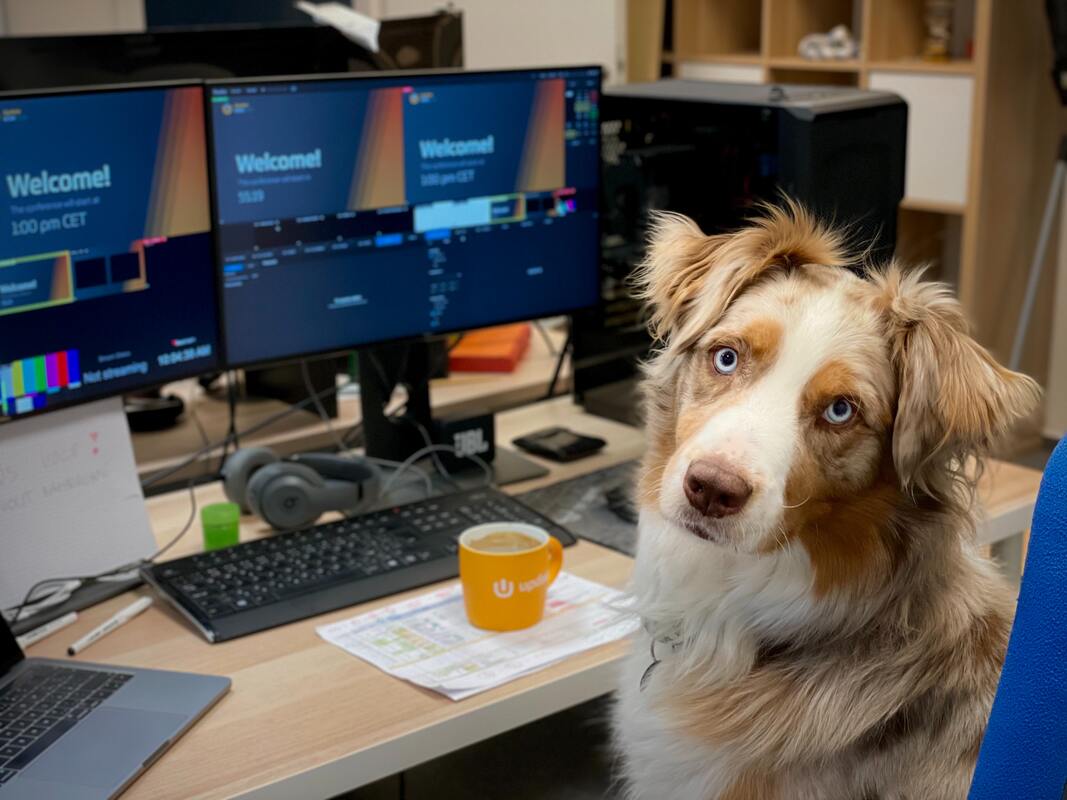An International
|
|
|
The question in the title refers to the possibilities, as well as the challenges, of radically re-configuring ways of thinking of and living with animals, in opposition to a dominant framework in which animals are taken primarily as resources for human benefit.
The conference takes place over three days, in four panels divided thematically to mark key areas of enquiry related to this re-thinking and restructuring. Thus, the conference aims at combining the theoretical foundations of the problem with its practical aspects. Finally and importantly, the concept of ‘vegan’ used here is intended more broadly than what is common in public and academic debates, and still as very much open-ended. Veganism is understood as embracing the re-thinking of the human-animal relationship away from exploitation, in all of the forms which this relationship may take, without taking for granted the exclusion of any beneficial interaction with other animals, and in a way that is as holistic as possible. |
Panels
The conference will take place over three days and across four panels, organised thematically to allow for multi-disciplinary cross-fertilization:
|
11 JUNE
Consumption, Politics and Society
|
Questions
The aim is to re-think the following domains of enquiry in light of the possibility of a radically different understanding of the role and value of other animals (the list is not exhaustive):
- Theories and concepts (‘human’ vs ‘animal’, the specificity of species and of individuals, new conceptions of what counts as ‘food’, animal ethics theories in relation to veganism)
- Relationships (between humans and companion animals, ‘farmed’ animals, lab animals, and wild animals; historical change of such relationships; relationships among other animals; inter-species love and conflict)
- The economy (locally and globally, small and large scale, conversion of animal-based businesses, veganism and capitalism, self-sufficiency, globalization)
- Society and lifestyle (veganism as a social movement, vegan identity, animals as citizens/denizens, the social significance of food, animal-free clothing, entertainment without animal use)
- The law (public policies respecting the right to access to a vegan diet in public services, consumer's rights, labelling, transparency and clear information, the difference between "eco-friendly" and vegan products, hotels/restaurants/transport companies' menus)
- Diet and wellbeing (nutrition, health, how we eat and cook, vegan athletes, local and global diets, vegan junk food, fake meat)
- Nature (anthropocentrism vs biocentrism, climate change, environmental impact, biodiversity and ecosystems)
- The limits of the concept of veganism (what counts as animal exploitation, wild animals, medical procedures using animal parts/tested on animals, freeganism, palm oil, veganism in desert climates)
The team
Scientific Committee:
Organising Committee:
Silvia Panizza (University College Dublin)
Simone Pollo (La Sapienza, Rome)
Silvia Panizza (University College Dublin)
Simone Pollo (La Sapienza, Rome)
Università La Sapienza, Department of Philosophy, Rome, Itlay | [email protected]
HOME |
PROGRAMME |
SPEAKERS |
ABSTRACTS |
T & C |
REGISTER |






